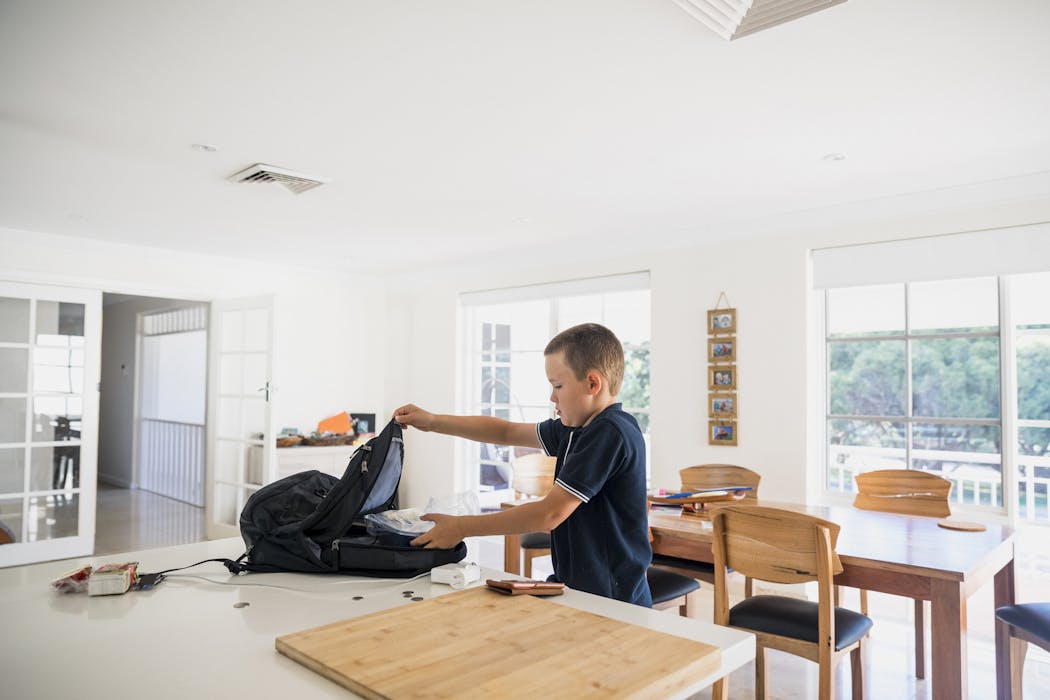The key academic skill you’ve probably never heard of – and 4 ways to encourage it
- Written by The Conversation

When parents think about their child’s education, they probably focus on basic skills and exam results, the amount a child is trying and their wellbeing.
But there is another significant factor influencing their success at school. This is metacognition.
What is it? Why is it important? And how can you help your child develop this skill?
What is metacognition?
Metacognition is often described as “thinking about our thinking”. It involves being aware of how our mind works and using that awareness to improve how we learn, solve problems and make decisions. To do this, we need both metacognitive knowledge and metacognitive skills.
Metacognitive knowledge is what we know about ourselves as learners, the strategies we use and why some approaches work better for us. It includes understanding the conditions that help us learn, how to use different strategies, and when to apply them.
For example, as a child goes to bed, they suddenly remember they forgot to do their homework that’s due the next day. This provides an opportunity for the child to think about the strategies they might use to avoid this situation in the future.
Metacognitive skills are the actions we take to use this knowledge. These include planning, monitoring and evaluating.
Imagine a student sitting down to study for a maths test. They start by planning, setting a goal to revise one topic for 20 minutes using practice questions. As they work, they monitor how things are going. They notice they keep re-reading the same problem without understanding it. So, they try a different strategy. After the test, they evaluate how well their approach worked and realise they need to practice more regularly next time.
When children understand how they learn and use that understanding, they become more confident, more organised and better able to adjust when things get tricky.
Why does it matter?
Metacognition gives students tools to take control of their learning, helping them to apply what they know. However, this does not come naturally, it must be taught.
Research shows when schools explicitly teach students how to plan, monitor and evaluate their learning, student outcomes and achievement improve.
In our study at a large independent school in Australia, we asked 241 high school students to assess and monitor their understanding of key real-world skills such as communication, creative thinking and critical thinking.
After completing two rounds of self-assessments, students received feedback showing where they were in their learning and next steps. Many said this helped them see their strengths and how to improve. But others wanted more teacher guidance to connect it to their learning.
This shows why metacognition needs to be explicitly taught. Students need guidance and support to know how to monitor and apply their learning.
What can parents do to help?
Here are four things you can do to support the development of metacognition with children of all ages.
Think out loud. Talk through your own thinking in front of your child. For example, when planning your day, explain you are making a list of everything that needs to be done, and you’ll start with the most important task.
Make mistakes normal. Show your child that mistakes are part of learning and often mean we need a different strategy. For example, if you forget an ingredient at the supermarket, you might say, “I’ll write a list on my phone next time so I remember.”
Use routines to build independence. This can help plan and manage learning. Everyday tasks like packing a school bag or planning homework help children practise planning ahead, checking what they need and adjusting when something changes.
Encourage reflection. Help children think about their learning and experiences. After school, you might ask “What did you learn today?” or “What did you find confusing?” When things didn’t go to plan – like forgetting something for school – ask “What could you do differently next time?”







